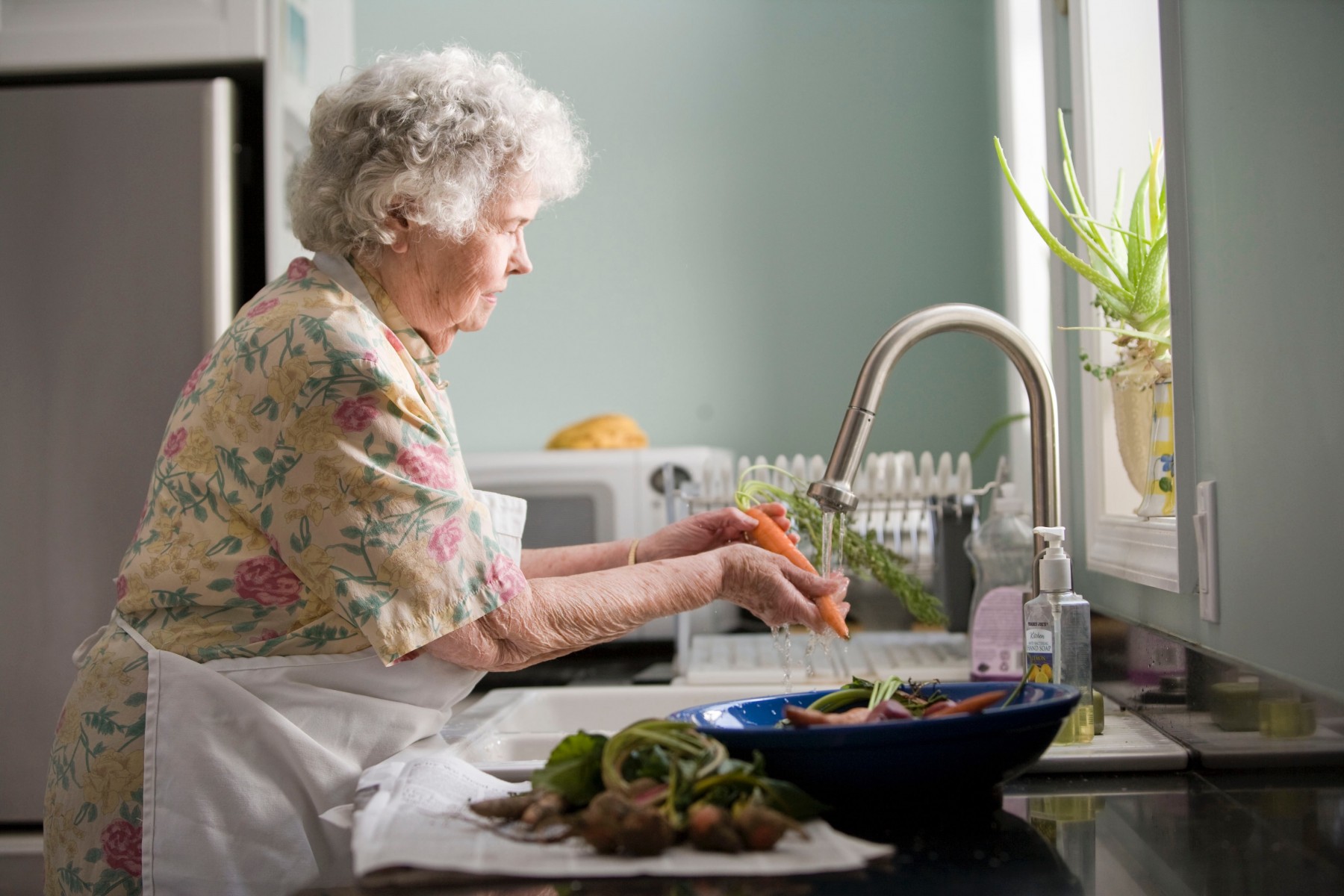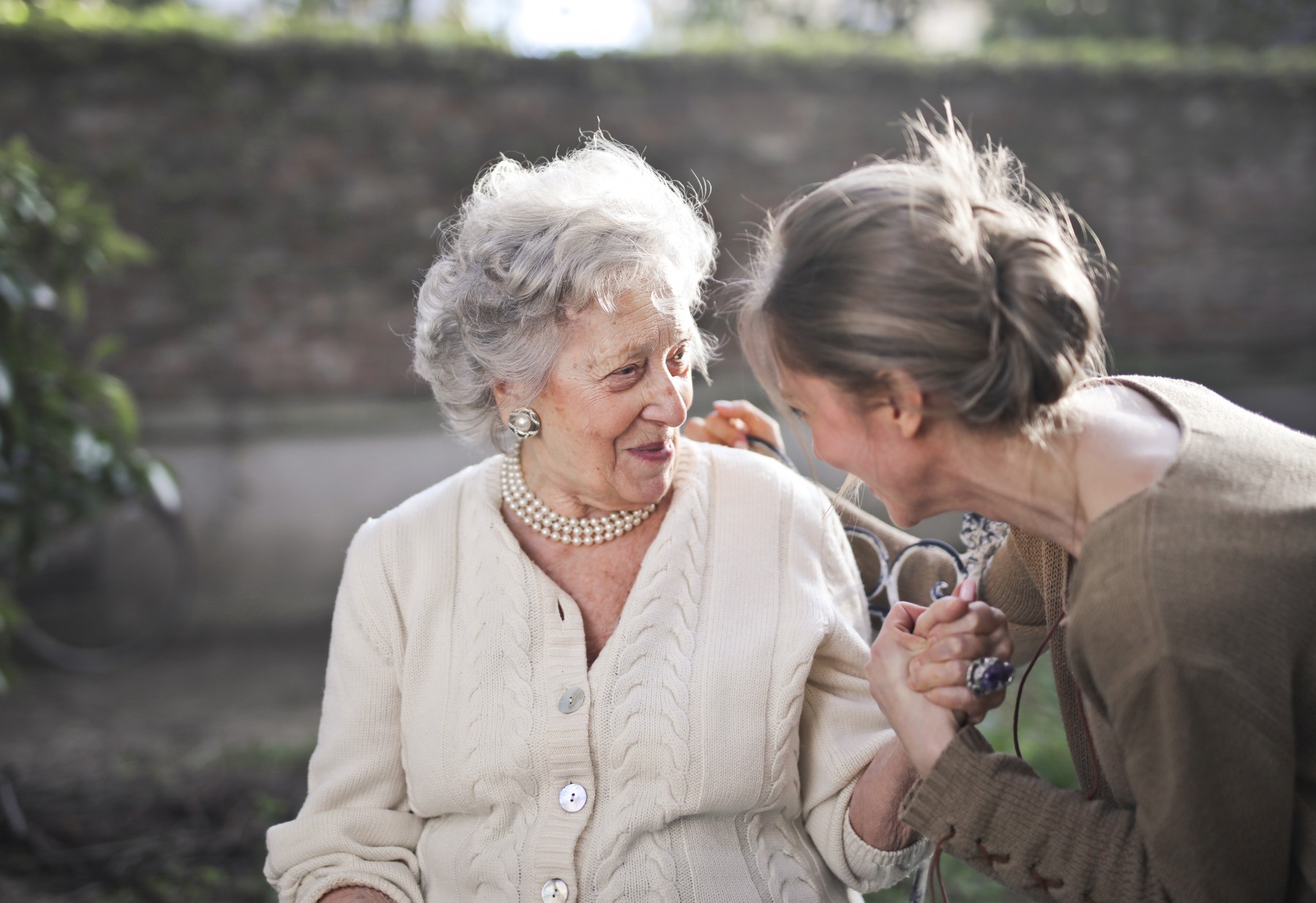There is sometimes an assumption that having significant care needs automatically means residential care. But that needn’t be the case. There are plenty of options for receiving the care you need in your own home. For many people, care at home can even help them stay healthier for longer.
Good health and mental wellbeing are closely linked. And sometimes wellbeing comes from familiar surroundings and familiar routines. This can be particularly important for people with dementia. Being independent also helps people to feel more active and engaged, which also helps to keep them healthier for longer.
Living on Your Own
If you have a spouse, partner or family member living with you, staying in your home is easier. But even if you find yourself living alone it doesn’t mean that residential care is your only choice.
According to the Alzheimer’s Society, people with dementia, ‘often feel happier if they can remain independent and in their own homes as long as possible.’ They list a few important factors for continuing to live contentedly in your own home:
- Have a good support network of family, friends and care professionals.
- Keep up with social activities and pastimes.
- Make a point of calling people regularly and consider using a video calling service such as Skype.
- Investigate local befriending groups.
- Consider online forums and support groups if you don’t have friends or family you can talk to regularly.
The other important aspect of continuing to live a healthier and happier life in your own home is to find the right home care provider. Even if you need around the clock care to carry on living at home, it is possible to arrange this through a live-in care service. For many more people, it’s likely to be finding help with simpler tasks such as washing, dressing and housework.
Whatever the level of support you need, you should always be able to live at home if it’s where you feel happier and more independent. Talk to the team at Altogether Care and we’ll help you find the home care solution that works best for you. Contact 01305 206140 or email contact@altogethercare.co.uk for more information.










